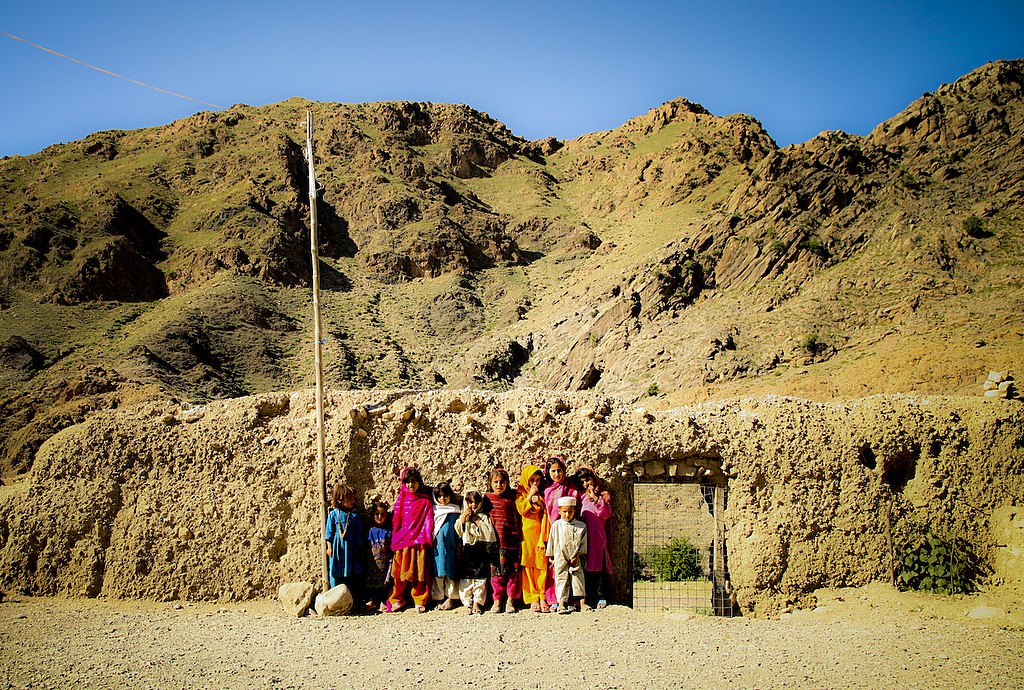In an accusation that marks further deterioration in ties between Pakistan and Afghanistan, the Taliban rulers have accused their erstwhile benefactor Pakistan of facilitating the United States’ drone attack on Kabul on July 31 that killed Al Qaida chief Ayman Al-Zawahiri.
In charging that Pakistan had allowed its air space to be used by the US operation, Afghanistan’s acting Defense Minister, Mullah Mohammed Yaqub Mujahid, did not confirm if that attack killed Al-Zawahiri. He said the investigation was still underway into the attack.
Yaqub, son of the Taliban founder Mullah Mohammed Omar, unusually chose to make a formal charge at a press conference on August 26. He admitted to the absence of an Afghan radar system guarding the air space that the departing American forces destroyed and said his claim was based on “our intelligence sources.”
“We ask Pakistan, don’t use your airspace against us,” said Yaqub, a key Taliban military leader who is seen as the second-most powerful leader.
Significantly, Yaqub’s claim on Pakistan’s role counters Islamabad’s vehement denials of having played any role. Responding, Pakistan’s Foreign Office said it had noted Yaqub’s allegation with “deep concern.”
“In the absence of any evidence, as acknowledged by the Afghan minister himself, such conjectural allegations are highly regrettable and defy the norms of responsible diplomatic conduct.”
This exchange on August 28 indicates renewed tensions in bilateral relations that began within a few weeks after the Taliban, their campaign supported diplomatically and with over 6,000 fighters of the Tehreek-e-Taliban Pakistan (TTP) fighting alongside, seized Kabul on August 15, 2021.
It hastened the American exit after two decades, making the evacuation abrupt and chaotic, even humiliating.
The US claims it has no military base, nor any base in Afghanistan, while Pakistan also claims that there is no American military facility on its territory.
Military experts have been speculating on the source of the launch of the American drone. A drone attack could not be from a far-off Gulf or Central Asia facility. That leaves suspicion on Pakistan. American expert Michael Kugelman of the Wilson Centre had said he could not rule out Pakistani involvement.
Kugelman has maintained that Pakistan was the only country capable of assisting the Americans in the mission to kill al-Zawahiri. “The geography does not lie. If this drone was launched from a US base in the Gulf, it wouldn’t be able to fly over Iran,” Kugelman told the media.
Significantly, Al-Zawahiri’s killing took place soon after Pakistan Army Chief Gen. Qamar Bajwa asked the Biden administration to help expedite the desperately needed IMF loan to bail out his country’s economy.
Lt Gen. Nadeem Anjum, the head of the Inter-Services Intelligence (ISI), was in Washington, DC, in July to discuss security issues. The ISI likely shared valuable information about the Al Qaeda leader with the CIA.
The US Intelligence had located al-Zawahiri’s family in Kabul earlier this year. An Egyptian surgeon with a $25m reward on his head, al-Zawahiri helped coordinate the September 11, 2001 attacks on the US that killed nearly 3,000 people.
Mullah Yaqub’s charge expectedly invited the Pakistani denial, and a diplomatic spat may ensue. Islamabad no longer pleads for the global recognition of the Taliban regime as it did initially. Once touted as “strategic assets,” they are no longer so.
There have been numerous heated diplomatic exchanges and also some border clashes last December when Taliban soldiers uprooted fences erected by the Pakistani side. No government in Kabul, including those of the Taliban, has acknowledged the present Pak-Afghan international border.
The Al Zawahiri death controversy ensued when the Afghan Taliban soft-peddled Pakistan’s pleas for mediating between Islamabad and the TTP group. The TTP has been responsible for numerous attacks inside Pakistan, including an attack on a school in Peshawar that killed 149 and attacks on soldiers and military checkpoints.
Yaqub’s charge may reinforce Pakistan’s domestic discourse that has become shrill in recent weeks because of a relentless campaign by ousted prime minister Imran Khan that touches negatively upon America and the Army.
One of Khan’s aides on security issues, Shireen Mazari – also a leading figure from the Pakistan Tehreek-e-Insaaf, Pakistan’s biggest opposition party – had demanded that the government categorically state whether it gave the US permission to launch its killer drone from a Pakistani military base.
“Puzzling question: A US drone flew into Afghanistan from the direction of the Gulf region over Pakistani territory—assuming Pakistan has not given bases yet unless this govt [sic] has done so covertly,” Mazari tweeted.
Mazari would certainly not have posed this question in April this year when she was a minister in Imran Khan’s government. It is one of those embarrassing questions for any government in Pakistan, given its dependence upon America and the overwhelming role of the army in its governance.

